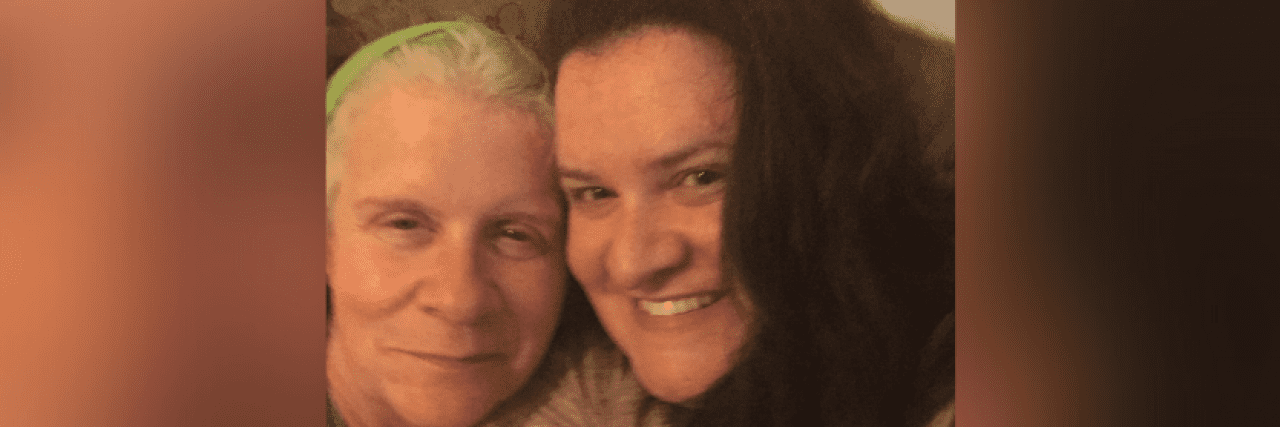When my mother was first diagnosed with early onset Alzheimer’s at the age of 58, I was in denial. I wasn’t oblivious to the issues that were becoming increasingly obvious to all around her — losing things, repeating stories, increased anxiety (so much so that she had to leave the workforce) — but I did not anticipate her Alzheimer’s would get any worse. I somehow believed her condition would not progress and she would continue to live at the same ability level for at least another 20 years. That’s how ignorant I was about Alzheimer’s disease.
Fast forward to a few years later, and it became increasingly more obvious that the medications she was on to slow the progression were no longer effective. And not only were they not slowing the progression, but the progression became much more aggressive. Her communication skills started to decline first — she struggled to finish her sentences and became incoherent at times. Any kind of executive ability became nonexistent and she was no longer able to be left alone. The progression continued to persist — not even a year after that she required 24/7 care, needed help getting dressed, getting bathed, getting fed, and became incontinent. She basically reverted back to infancy. She also cried frequently, resisted others’ help at times, and acted out — I believe it might have been because there was some semblance of awareness that she was trapped inside a deteriorating brain and was helpless.
My mother passed away about a year after needing around the clock care. She was 65.
During the last few years of my mother’s life I frequently visited my parents house to help with caregiving and spend time with my mother, but when I would go back to my apartment afterward I would often feel depressed, to the extent I would call it despair. I started having random crying spells at work and at other inconvenient times, along with frequent bouts of insomnia. It got to the point where I knew I needed to talk to a therapist.
What I soon learned in therapy is that I was struggling with ambiguous loss — I was grieving the loss of my mother while she was still alive. I was forced to have to let go of the mother I had known almost my whole life — the one who was a voracious reader, who was vivacious and chatty, a great dancer and singer, who wrote religiously in her journal and loved traveling with my father. Not only did I no longer know that woman, but she was violently and swiftly ripped away from all who loved her by this invisible monster that hijacked her brain.
In her place with this other woman, one I could no longer have conversations with, and one who could no longer express she knew who I was. During my mother’s last couple of years, I tried to get to know this new mother the best I could, while honoring the fact that she was still the mother I knew my whole life. This was a complicated process, but I tried the best I could. Often it meant we would just hold hands on the couch while listening to music or watching TV, or I would hold her hand while we took a short walk. She would sometimes give me signs she was happy — whether it be a glimmer in her eye or a small smile. Maybe, just maybe, she still knew who I was, or maybe she didn’t, but regardless, it was clear at times that she enjoyed my company.
I will always hold those moments I spent with my new mother close to me in my heart, while simultaneously cherishing the memories I have of my old mother.
Image via contributor

